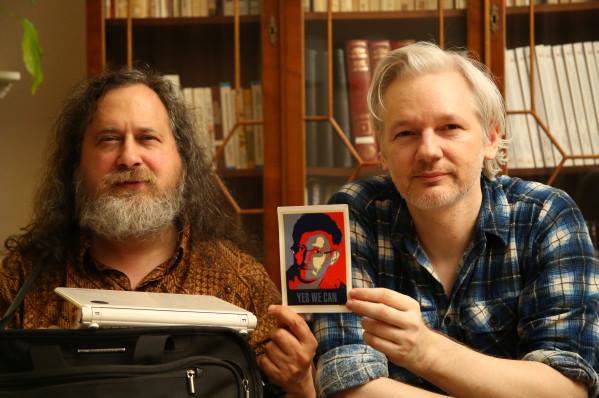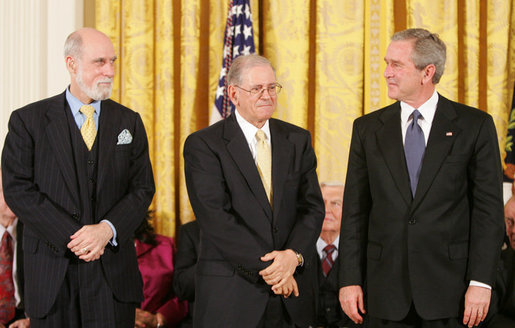The streets of the Internet can be dangerous.
Every day, people are gunned down when they leave the relatively safe main streets of Reddit, Facebook or Twitter to wander into bad neighborhood forums where they’re not known. The usual weapons are words and the common advice is to grow thick skin for protection. Consequences are usually low; feelings are about all that ever get hurt.
** If our coverage matters to you, please consider supporting our work through our FOSS Force Independence 2026 fundraiser. **
Sometimes, however, mobs form. Posses meet up outside a hated website and hit the owners with barrages of venomous email. If a site has a forum or a Facebook page, they try to take over. If it’s supported by ad money, they might launch a campaign against the advertisers, as happened in 2010 with Cooks Source Magazine–a New England site brought down by web users for cavalierly stealing content.
Christine Hall has been a journalist since 1971. In 2001, she began writing a weekly consumer computer column and started covering Linux and FOSS in 2002 after making the switch to GNU/Linux. Follow her on Twitter: @BrideOfLinux





